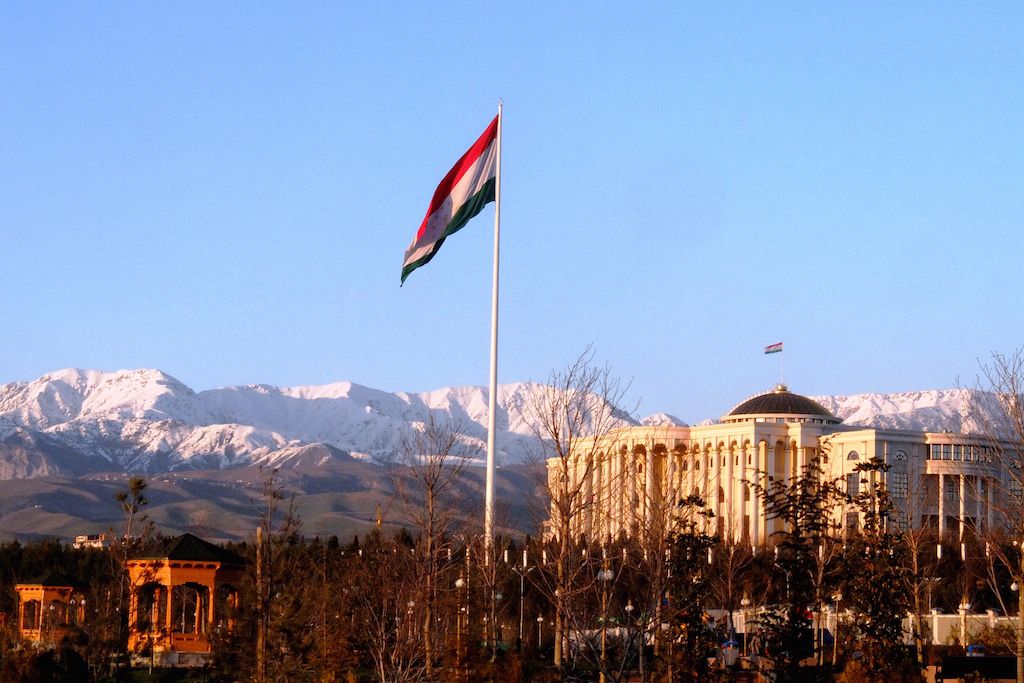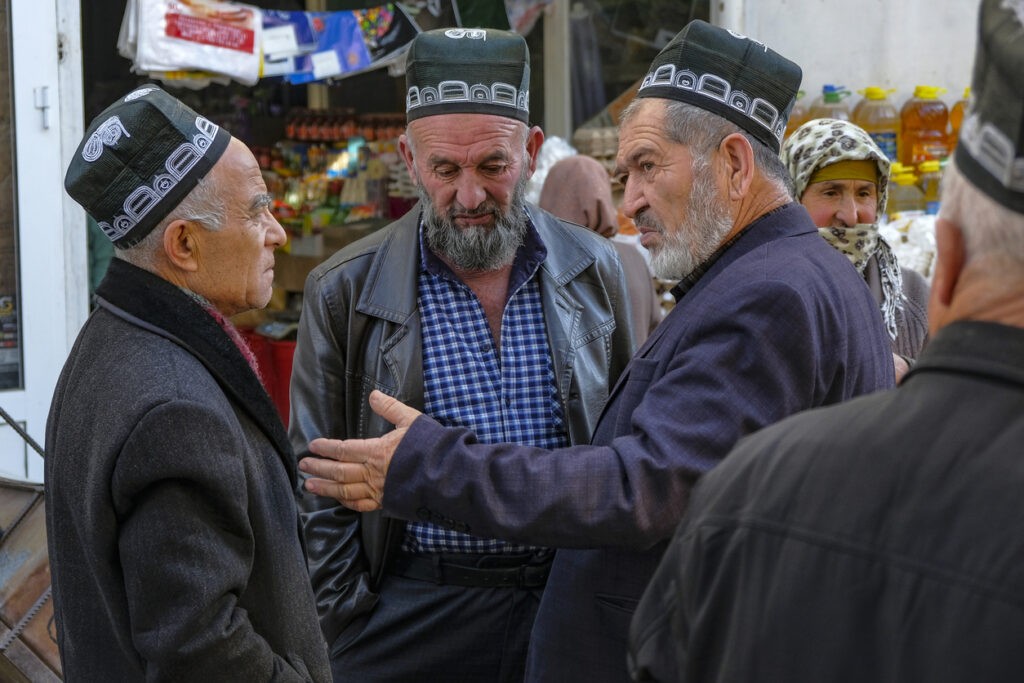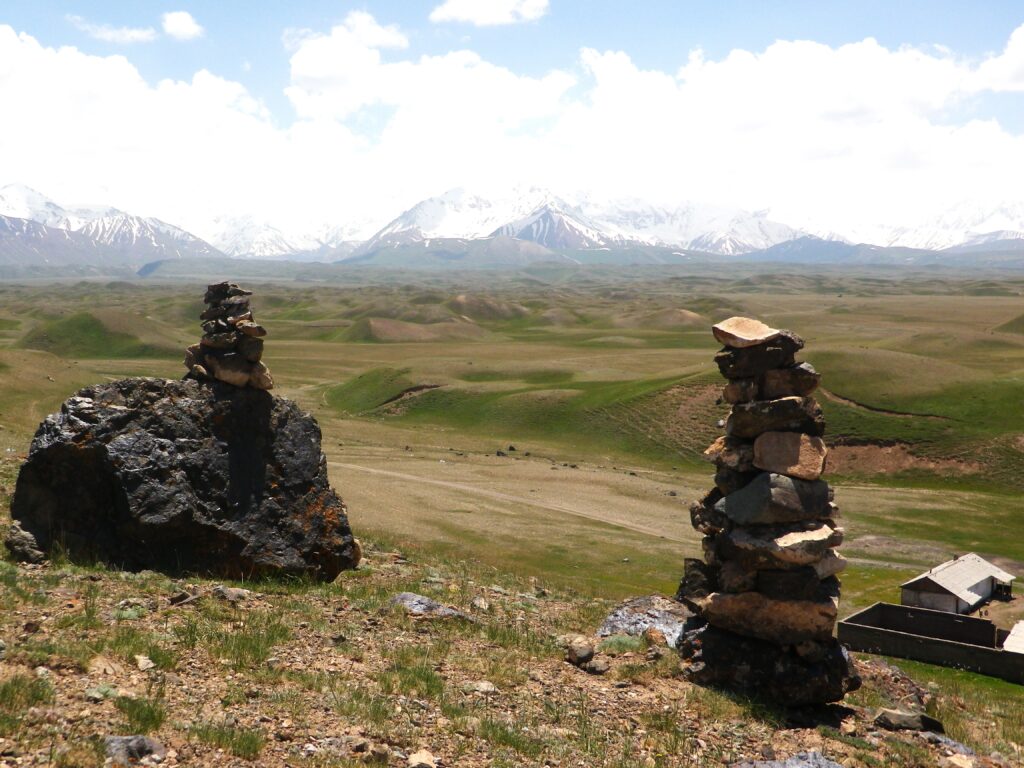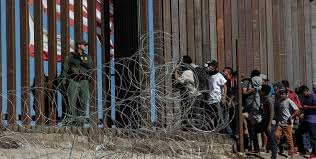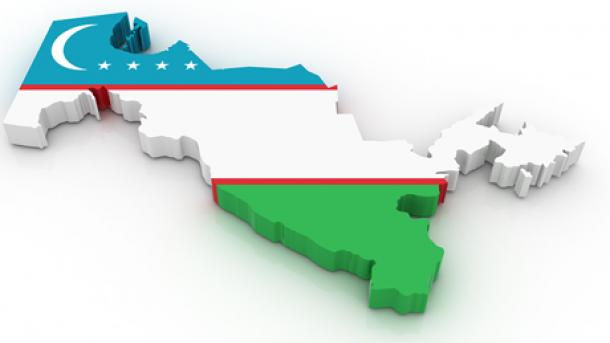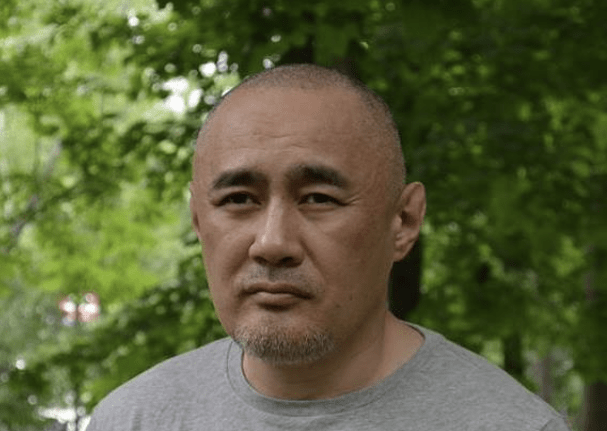DUSHANBE (TCA) — The Tajik government has accused the banned Islamic Renaissance Party of Tajikistan (IRPT) of being behind an attack that killed four foreign cyclists, prompting a swift denial from the group, RFE/RL’s Tajik Service reported.
The IRPT leadership called the allegation “baseless and irrational” in a statement on July 31, and the Islamic State (IS) group stepped up its claim of responsibility by releasing a video of what it said were the attackers pledging allegiance to the extremist organization.
The assault killed two Americans, a Dutchman, and a Swiss citizen.
The deadly attack on a group of foreign cyclists on a remote mountain road on July 29 drew attention to Tajikistan.
The Tajik Interior Ministry said in a July 31 statement that the attackers were led by an “active member” of the IRPT, citing what it claimed was the confession of a detained suspect.
The ministry identified the alleged leader as Hussein Abdusamadov, 33, and said that he “underwent training in Iran.” It said the attackers planned to flee to Afghanistan.
Tajik authorities offered no immediate proof of the claims, which appeared to contradict a claim of responsibility issued by IS a day earlier.
The IRPT Supreme Council issued a statement denying what it said were the “baseless and irrational allegations” that it was involved, calling the accusations “shameless and illogical slander” and adding, “Unfortunately, the Tajik authorities, as always, have tried to use this human and national tragedy for political purpose and against…peaceful opponents.”
“Once again our heartfelt condolences go to the families of the victims and to the countries that lost their citizens in this terrible incident,” said the statement, which was e-mailed to RFE/RL. “At the same time, we repeatedly condemn this inhuman crime, considering it as opposite to human, national, and religious values.”
IRPT leader-in-exile Muhiddin Kabiri told the Reuters news agency by telephone that the accusation “draws the attention away from the real criminals.”
Human rights groups have condemned Tajikistan’s treatment of the IRPT, which was branded a “terrorist organization” and banned in 2015. Relations with Tehran are tense.
IS claimed responsibility for the killings in a statement on its affiliated Amaq news agency on July 30, without providing details or evidence to back up its statement.
It described the attackers as “soldiers of the caliphate”.
On July 31, Amaq issued a video showing five males whom the SITE Intelligence Group, which monitors extremist activity, said it claimed carried out the attack.
In broken Russian, one of the men says that Tajikistan “has been occupied by infidels” and that it should “obey God.”
After the five pledge allegiance to IS leader Abu Bakr al-Baghdadi, he says in a mix of Russian, Arabic, and Tajik that their goal is to “establish the Almighty’s rule on this land.”
At least one of the five resembles one of three suspects whose photographs were released by Tajik authorities.
Tajik authorities say four people were killed in the attack on a mountain highway in the Danghara district of the Khatlon region, about 150 kilometers south of the capital, Dushanbe.
Officials say at least one assailant with a gun and knife attacked the cyclists after some of them were run down by a car.
Three other foreigners — one Dutch, one Swiss, and one French — were injured.
At least four people suspected of involvement in the attack were killed by officers, and five other suspects detained, Tajik police said.
Tajik authorities have imprisoned dozens of IRPT officials and members since 2015, when the party was designated a “terrorist organization” by the Supreme Court and banned.
The ban on the party and prosecution of its members have drawn criticism from international human rights groups and the UN.
Activists accuse President Emomali Rahmon’s government of using the group as a scapegoat for unrest and attacks in the impoverished, predominantly Muslim country that borders Afghanistan.
Before the 2015 ban, the IRPT had been the only legal Islamic party in Central Asia.
